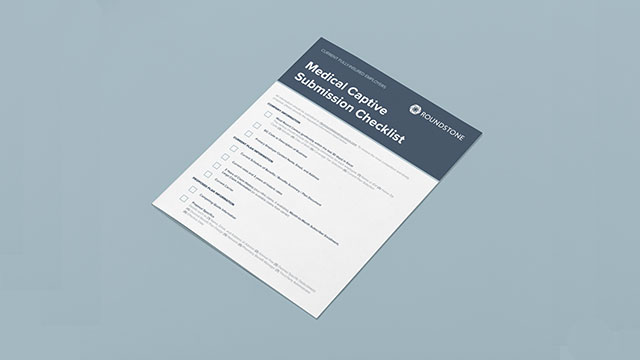Written by Cindi Roberts, Stop Loss Claims Operations Manager
Cost containment solutions fall into two broad categories – those focusing on reducing the price of health services and those focusing on reducing the frequency of health services. Many solutions addressing utilization concentrate on improving health so less health care is utilized. While it is vital these types of solutions become a part of an employer’s overall strategy, there is another, less talked about, way to reduce inappropriate health services. Carefully designing and enforcing eligibility requirements can ensure an employer’s self-funded plan only covers the risks of employees and dependents they intend to cover.
Here are the top 5 eligibility issues you can stop today:
Leave of Absence Policies
Understanding and enforcing the Family Medical Leave Act (FMLA), Short Term Disability (STD), Long Term Disability (LTD), etc. will help keep employees covered correctly and ensure employers are only responsible for claims incurred during a required leave. In many instances, plan document language does not coincide with the employee handbook or the employer’s leave enforcement. It’s imperative to ensure everything is in sync. If it isn’t, the employer could be covering medical claims it is not required to cover.
COBRA
COBRA effective dates, including the enrollment time limit and payment of premium requirements, can be miscommunicated. Most plan documents have a section within the eligibility portion specifically for COBRA coverage with detailed requirements that should be adhered to. A severance in leu of “extended” coverage may be a better option for all involved.
Dependents
It is a good idea for the employer to require a marriage certificate or domestic partnership legal documentation to ensure only valid dependents are included in the coverage. This is especially important if the plan does not include a spousal surcharge. Your TPA should have a plan for verifying dependent eligibility and other coverage so that the plan does not inadvertently cover dependents it is not required to cover.
Qualifying Events
Qualifying events are instances where an employee or dependent may enroll outside of the open enrollment period. These events typically include marriage, birth of a newborn, adoption, or loss of other coverage. Plan documents generally have a time period to enroll under special enrollment and employees need comply with the timeframes outlined. A Certificate of Creditable Coverage may be required from the previous insurance company depending on the event. The TPA should verify proof of the event.
Waiting Periods
Similar to qualifying events, if an employer chooses to enforce a waiting period for new employee coverage, the timeframe needs to be followed according to the language in the plan document.
It’s important to keep in mind, when exceptions to the plan document are approved by the employer, the employer will be held accountable for the dollars involved in claim payments. Stop loss follows the plan document. If a claimant isn’t actually eligible, stop loss will not reimburse the employer. In the end, following the plan document is relatively easy to monitor as long as employers familiarize themselves and follow the language of their own plan. Educating your employees will also encourage compliance with the plan.









